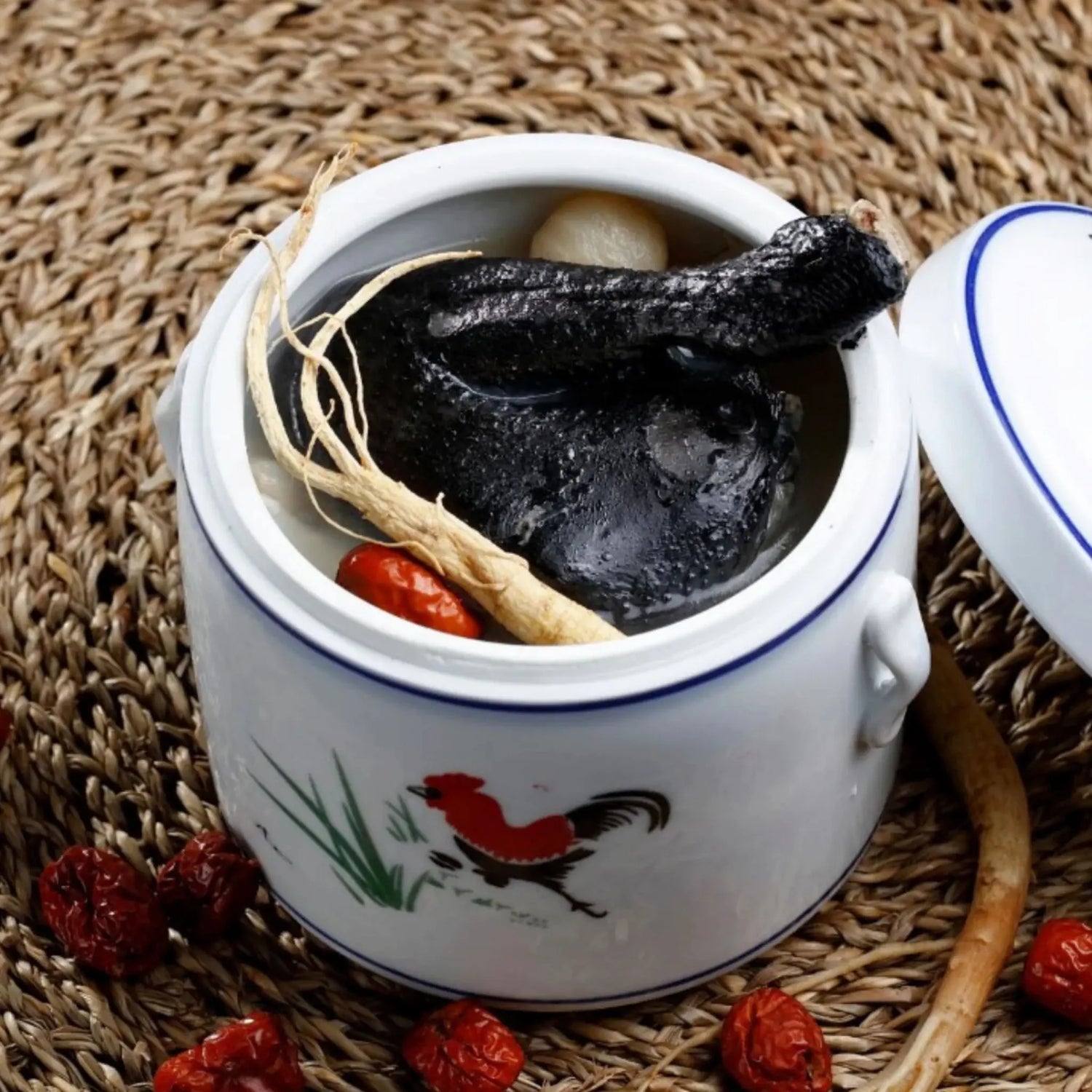How to Create a Modern Confinement Plan That Works for You
Intro: Honouring Tradition, Adapting for You
Confinement, or "zuo yue zi" (坐月子), has been practiced for thousands of years across Chinese and other Asian cultures as a way to help new mothers heal, rest, and recover after childbirth. Rooted in Traditional Chinese Medicine (TCM), confinement traditionally lasts for 30 to 40 days and is centred around warmth, nourishment, and protection.
But in today’s world, strict confinement may not be practical—or desirable—for every mum. The good news? You can absolutely adapt this tradition in a way that works for your lifestyle, support network, and personal needs.
In this guide, we’ll show you how to build a modern confinement plan that honours the essence of tradition while giving you the flexibility to do it your way.
Step 1: Define What Confinement Means to You
Start by identifying your priorities. Ask yourself:
- Do I want to follow a full 30-day plan or just incorporate elements?
- Is my focus physical recovery, emotional support, or both?
- Do I want help from family, a postpartum doula, or prefer to recover privately?
Defining what a successful recovery looks like for you will make it easier to build a plan that feels aligned.
Step 2: Choose the Core Principles You Want to Follow
Traditional confinement involves many guidelines, but you don’t need to follow them all to benefit. Common elements include:
- Eating warming, nutrient-rich foods (like soups and stews)
- Avoiding cold drinks, raw foods and cold showers
- Resting and staying indoors
- Limiting screen time and emotional stress
- Using herbal baths and teas for comfort
You can pick the elements that matter most and leave out what doesn’t serve you.
Step 3: Build Your Support Network
No mum should have to do confinement alone. Depending on your situation, your support team might include:
- Your partner
- Your mum or mother-in-law
- A postpartum doula or confinement nanny
- Meal delivery services (like Golden Month)
- Friends dropping off care packages
Be clear about your needs and don’t be afraid to ask for help—your recovery deserves it.
Step 4: Plan Your Meals in Advance
Food is one of the most important parts of confinement. Meals should be warming, nourishing, and easy to digest. Traditionally, this means soups with herbs like red dates, goji berries, ginger, and angelica root, paired with slow-cooked meats and grains.
If cooking every day isn’t realistic, consider:
- Pre-cooking and freezing meals before baby arrives
- Ordering a confinement meal plan (like our 10, 20, or 30-day fresh meal delivery)
- Using herbal soup or tea packs for convenience
Step 5: Design a Gentle Daily Rhythm
Create a flow to your days that centres on rest and recovery:
- Begin the morning with a warm drink or tea
- Have scheduled meal times
- Limit visitors or stimulation
- Include gentle movement, like stretching or short walks (as approved by your doctor)
- Use evenings for warm baths, journaling, or sleep
- Remember: stillness is productive during this time.
Step 6: Communicate Your Plan
Share your confinement plan with those around you—especially your partner or primary support person. The more people understand what you need, the easier it will be to protect that healing space.
You can even print a short version of your plan to put on the fridge or share with your care team.
Final Thoughts: Do What Feels Right for You
There is no perfect way to do confinement. Whether you follow all the traditions or just a few, the goal is the same: to give your body the care, nourishment and rest it needs to heal.
Confinement in the modern world is about choice. Honour what feels right to you, and let go of what doesn’t. After all, motherhood is not about following rules—it’s about finding rhythm.
Ready to start your Golden Month? Explore our fresh meals, herbal soup packs, and postpartum teas to build a plan that supports you.






